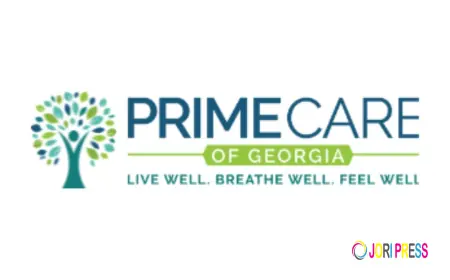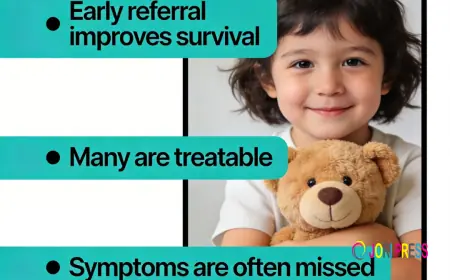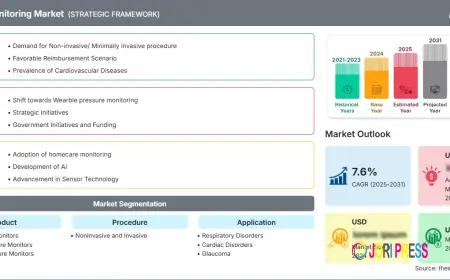Dental Hygienist's Role in Preventing Tooth Loss
Improve your dental health with expert care at Enfield Royal Clinic. Visit the top dental hygienist in Dubai for a healthier, brighter smile today!

Tooth loss is a major oral health concern that often arises from preventable conditions like gum disease, cavities, and poor oral hygiene. Preventing this outcome starts with regular care and attention to dental health. A dental hygienist plays a vital role in this process, focusing on maintaining healthy teeth and gums before any serious issues develop.
What a Dental Hygienist Does
A Dental Hygienist Dubai is a licensed oral health professional who works alongside dentists. Their focus is on preventing dental issues through thorough cleaning, patient education, and monitoring the health of teeth and gums. While they don’t perform procedures like fillings or extractions, their role in maintaining oral health is essential for avoiding these treatments altogether.
Removing Plaque and Tartar Buildup
One of the key responsibilities of a dental hygienist is the removal of plaque and tartar from teeth. Even with regular brushing and flossing, some buildup is inevitable. If left untreated, this buildup can lead to gum disease, which is one of the most common causes of tooth loss.
-
Plaque is a sticky film of bacteria that forms on teeth.
-
Tartar, or calculus, is hardened plaque that can only be removed professionally.
By removing these substances regularly, the hygienist helps reduce the risk of inflammation, infection, and ultimately, tooth loss.
Monitoring Gum Health
Gum health is directly linked to the longevity of teeth. Dental hygienists use special tools to check the depth of gum pockets around each tooth. Healthy gums should fit snugly around the teeth, while deep pockets can indicate early signs of gum disease. Catching these signs early helps prevent more serious problems from developing.
-
Early detection of gingivitis, the first stage of gum disease
-
Preventing progression to periodontitis, which can cause teeth to loosen and fall out
Educating Patients on Oral Hygiene
A dental hygienist doesn't just clean teeth—they also provide valuable education. This guidance helps individuals understand how their daily habits affect their oral health. By learning proper brushing and flossing techniques, people can significantly reduce their risk of losing teeth.
Topics Often Covered Include:
-
Correct brushing techniques for different types of teeth
-
The importance of flossing daily
-
How diet impacts tooth and gum health
-
Avoiding habits that harm teeth, such as grinding or chewing hard objects
This personalized education empowers individuals to take control of their oral health and make informed decisions that support long-term wellness.
Regular Professional Cleanings
Routine cleanings done by dental hygienists play a key role in preventing dental issues that lead to tooth loss. These cleanings remove buildup that can’t be reached with a toothbrush or floss. Hygienists also polish the teeth, making it harder for plaque to stick in the future. This consistent maintenance helps prevent cavities and infections that might otherwise result in tooth extraction.
Early Detection of Potential Problems
During routine visits, dental hygienists are trained to spot signs of trouble. Whether it's noticing a loose filling, early tooth decay, or gum irritation, identifying these concerns early can stop a small issue from turning into a major one.
-
Observing areas where teeth may be shifting
-
Spotting signs of wear from grinding
-
Identifying sensitivity that may signal deeper issues
By noticing and reporting these changes, the hygienist helps ensure timely intervention, reducing the chances of tooth loss.
Support During Periodontal Treatment
In cases where gum disease has already set in, dental hygienists provide crucial support. They perform deep cleanings, known as scaling and root planing, which remove bacteria from beneath the gums. These treatments help restore gum health and prevent the condition from worsening. Continued care from a hygienist ensures that recovery stays on track and future issues are avoided.
Encouraging Consistent Dental Visits
Many people tend to delay dental visits until they experience pain. Dental hygienists encourage regular checkups to catch problems before they become serious. Their friendly reminders and positive interactions make patients more likely to return for routine care. This consistent follow-up helps protect teeth in the long term and promotes habits that reduce the risk of loss.
Tailoring Preventive Care for Every Age
A dental hygienist understands that oral care needs vary by age. Children, teens, adults, and older individuals all face unique challenges. Hygienists adapt their advice and techniques based on age, health history, and lifestyle. This personalized approach helps ensure that care is always appropriate and effective in reducing the risk of tooth loss for everyone.
Reinforcing the Connection Between Oral and Overall Health
The mouth is often called the gateway to the body, and dental hygienists help patients understand the link between oral health and general well-being. Conditions like diabetes and heart disease are closely linked with gum health. By helping maintain a clean and healthy mouth, hygienists contribute to better overall health and a reduced risk of complications that may lead to tooth loss.
FAQs
How often should someone visit a dental hygienist?
It’s generally recommended to see a dental hygienist every six months, but this may vary depending on an individual’s oral health needs. More frequent visits might be advised for those with gum issues or other risk factors.
Can a dental hygienist help stop tooth loss that has already started?
Yes, while they can’t reverse tooth loss, hygienists can help prevent further progression by treating early signs of gum disease, educating on proper hygiene, and supporting recovery through deep cleanings.
Is a cleaning from a dental hygienist different from brushing at home?
Yes, professional cleanings reach below the gumline and remove hardened tartar that brushing and flossing cannot eliminate. This helps stop gum disease and other conditions that lead to tooth loss.
What are signs that a dental visit is overdue?
Bleeding gums, bad breath, sensitivity, and tartar buildup are common signs. Even without symptoms, skipping routine cleanings increases the risk of problems that could result in tooth loss.
Why is education from a dental hygienist important?
Learning the right techniques and habits directly affects long-term oral health. A hygienist offers personalized advice that helps prevent decay and gum disease, two major causes of tooth loss.
Conclusion
The Dental Hygienist in Dubai in preventing tooth loss is both proactive and essential. Through professional cleanings, early detection, and personalized education, they help individuals maintain strong, healthy teeth for life. Their guidance builds the foundation for lasting oral health and keeps smiles intact for years to come.
What's Your Reaction?
 Like
0
Like
0
 Dislike
0
Dislike
0
 Love
0
Love
0
 Funny
0
Funny
0
 Angry
0
Angry
0
 Sad
0
Sad
0
 Wow
0
Wow
0


















































